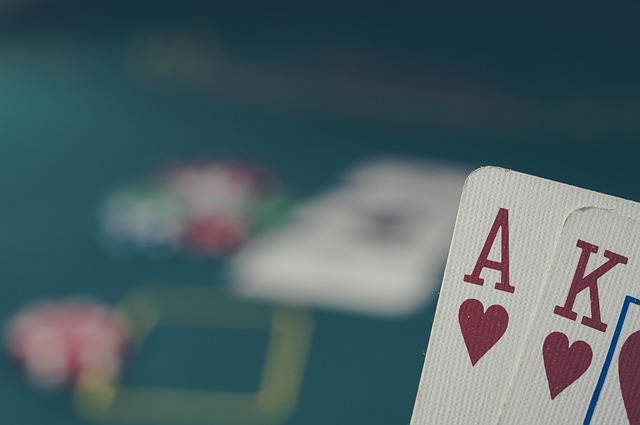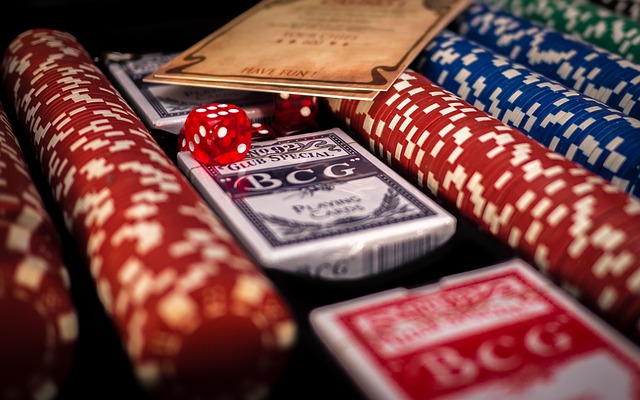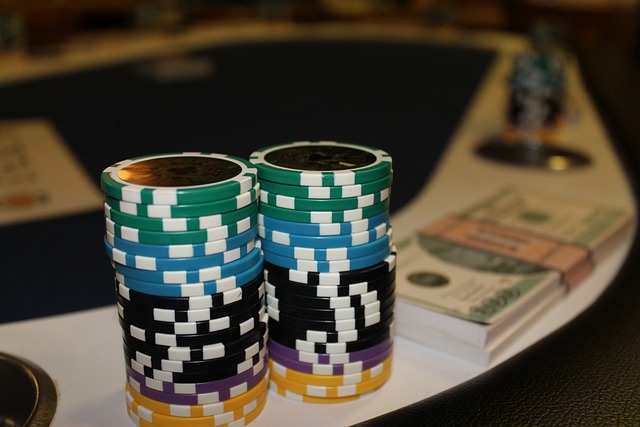Dealer speed is a core performance metric in both live and digital casino environments. It directly affects the number of hands per hour, player experience, and house revenue. But faster doesn’t always mean better—and there are real trade-offs in pushing for speed.
This post explains what hands per hour really measures, why speed matters, and where accelerating dealer pace starts to cost more than it earns.
Why Hands per Hour Matters
Every extra hand dealt increases theoretical win. That’s why casinos care about hands per hour (HPH)—it scales revenue without increasing headcount or tables.
Typical benchmarks:
- Blackjack (manual shoe): 60–80 HPH
- Blackjack (CSM): 90–120 HPH
- Live dealer (digital): 50–70 HPH
- Baccarat: 40–60 HPH
- Poker (house-banked): 30–50 HPH
Faster dealing means:
- More decisions per hour
- More betting opportunities
- Higher expected profit per session
But chasing speed has diminishing returns.
When Speed Helps
1. Low-Stakes, High-Volume Tables
At tourist-heavy or digital mass-market tables, speed drives volume. Faster dealers:
- Shorten player wait times
- Keep casual players engaged
- Increase house take per hour
2. Digital and Auto-Enhanced Environments
In online RNG or semi-automated live dealer setups, increasing pace by trimming animations or delay windows makes sense. Users can opt in or out without friction.
3. Anti-Advantage Play
Faster dealing reduces the time available for card counting, team play, or squeeze reading. Some casinos intentionally assign fast dealers to suspicious tables.
When Speed Hurts

Speed isn’t always a win. In some cases, accelerating dealer pace backfires by increasing costs or reducing retention.
1. VIP and High-Stakes Tables
High-value players often prefer a slower pace. It:
- Increases perceived session value
- Allows more social interaction
- Gives players more time to manage bets
2. Burnout and Dealer Error
Pushing for higher speed too hard can:
- Increase dealer fatigue and mistakes
- Lower morale or increase turnover
- Require more surveillance reviews due to misdeals
3. Player Fatigue and Trust
At some point, speed creates friction:
- Players feel rushed, make mistakes
- Faster losses reduce satisfaction
- Lower trust if players feel the game is “pushed”
Cost vs Gain: What the Math Shows
Here’s a simplified comparison using blackjack at a $10 average bet:
| Metric | Standard Pace (60 HPH) | Fast Pace (90 HPH) |
|---|---|---|
| House edge (0.5%) | $3/hr per player | $4.5/hr per player |
| Players per table | 5 | 5 |
| Total house win/hr | $15 | $22.50 |
| Dealer fatigue risk | Low | Higher |
| Player loss speed | Slower | Faster |
Yes, faster dealing earns more. But the increased hourly revenue can be offset by higher churn or lower retention, especially if players feel overwhelmed.
Smart Speed: Optimize, Don’t Max Out

Operators should tune speed based on context, not push every table to maximum output.
Guidelines:
- Use faster dealers or animations in low-stakes, short-session environments
- Dial back pace for loyalty-heavy or high-value segments
- Monitor session time, drop-off rates, and error incidents as speed changes
- Give players (especially online) settings to adjust pace
Final Takeaway: Dealer Speed is a Lever, Not a Goal
Hands per hour matters—but only when balanced against the cost of player experience and dealer performance. Optimize pace based on table type, user segment, and revenue model—not just raw output.
